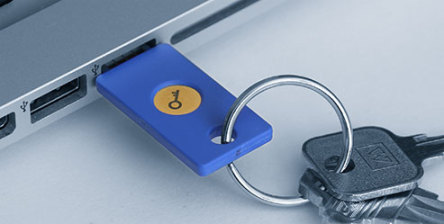This post is about full disk encryption using hardware (also called FDE, SED) for consumer-level users (non-Enterprise)
- no software needed
- any operating system OK
- doesn't use the PC's CPU
- using SATA drive(s)
I realize that most modern SSD have full disk encryption built-in, but disabled. I'm only aware of one common consumer-purchasable motherboard that supports the "ATA Password" feature that enables encryption: the ASRock Extreme6 Z97.
However even after purchasing the correct motherboard, Asrock only gives you the correct BIOS by emailing their tech department and asking for the unpublished version.
https://arstechnica.com/civis/viewtopic.php?f=11&t=1265649
So an easier alternative is purchasing an Addonics single cipherchain. (They do ship worldwide.)
http://www.shopaddonics.com/Products.aspx?code=CCK&key=cat
There are two models: one is US $75, and the other is US $89.
Quick answer: buy the more expensive CBC version.
Long answer. Both the $75 and $89 versions are pretty simple hardware based device.
Both models use a supplied hardware key (looks like a USB key). Both models need the key to be plugged in the first time you want to use the disk.
The board has a power connection, a place to plug the key, and two SATA ports: one in, one out.
With the key in place, all SATA traffic passing through is encrypted.
With the Cipherchain between your motherboard and drive, you format the drive and any operating system (Windows/Linux/Mac) is none the wiser. There's no drivers or software anywhere.
The drive will continue to be encrypted until it powers down.
Once it's running, the hard drive is encrypted even when the key is removed.
You get two duplicate keys. Make sure you don't lose the copy.
It sounds so good so far, but there's a problem.
The cheaper $75 model uses a Enova x-wall mx-256, and the more expensive $89 uses the later "C" version (using CBC).
The cheaper version can be broken. Adobe used ECB this method when millions of passwords were stolen.
Addonics information on ECB is misleading, saying it's almost unbreakable. But as Adobe's can attest in 2013 about their stolen passwords, ECB should not be used anywhere.
https://nakedsecurity.sophos.com/2013/11/04/anatomy-of-a-password-disaster-adobes-giant-sized-cryptographic-blunder/
The more expensive US $89 version uses CBC, which is secure.
http://crypto.stackexchange.com/questions/225/should-i-use-ecb-or-cbc-encryption-mode-for-my-block-cipher
Also the cheaper version only goes to 3 GBps (SATA II), while the more expensive one goes to 6 GBps (SATA III)
So spend the extra US $6, and get the later version.
Note: I'm not associated with Addonics in any way. I paid for all my products.


